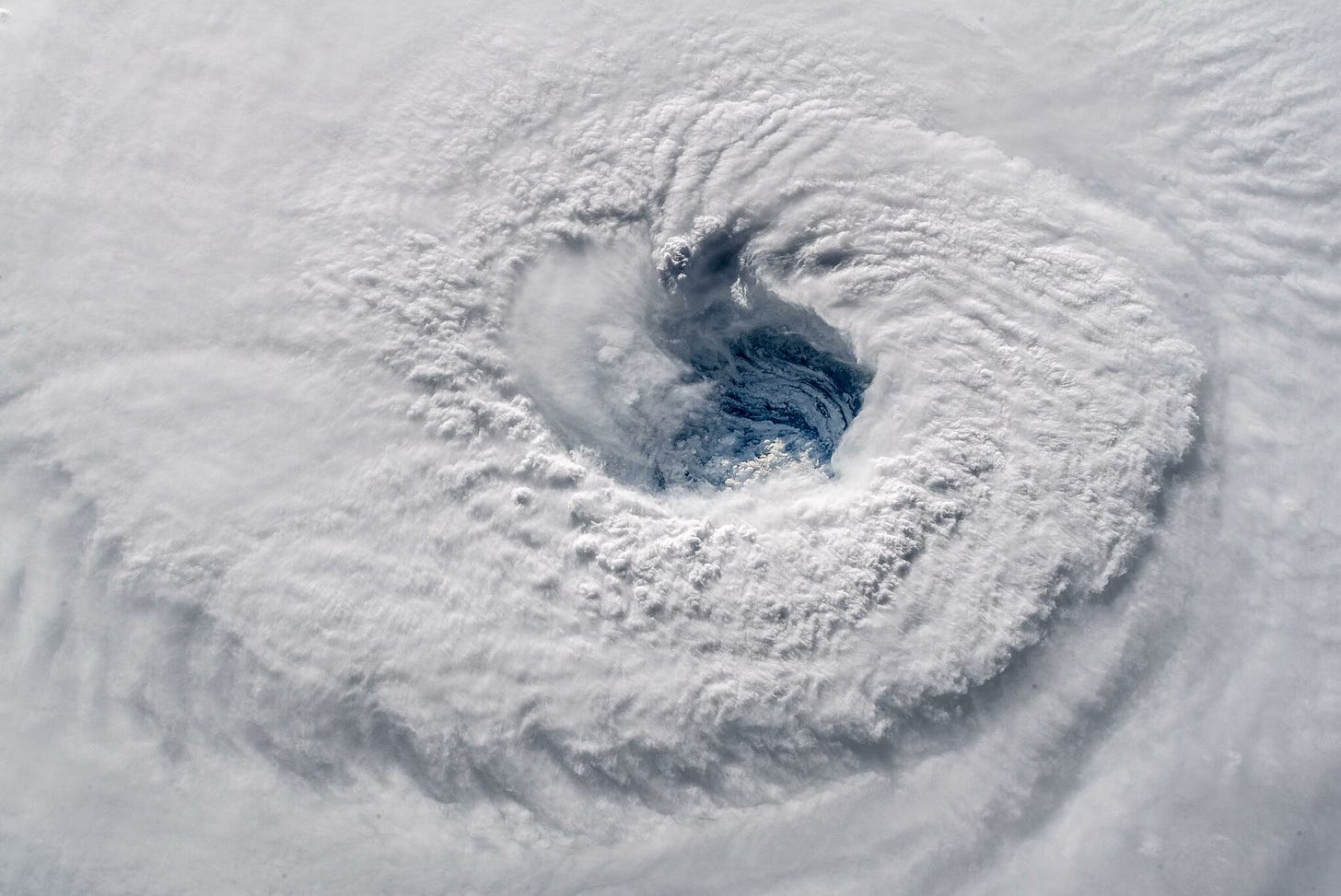“We know that the whole creation has been groaning in labor pains until now; and not only the creation, but we ourselves, who have the first fruits of the Spirit, groan inwardly while we wait for adoption, the redemption of our bodies. For in hope we were saved. Now hope that is seen is not hope. For who hopes for what is seen? But if we hope for what we do not see, we wait for it with patience.” —The apostle Paul, Romans 8:22–25, NRSV
THERE IS A DEEP SENSE of “groaning” and “eager longing” to our earthly pilgrimage. We want our voyage-in-time to come out better in the end than it sometimes does in the present. We wish to know if there is a purpose to our pain and suffering. We “orphaned” children wait for adoption.
W. H. Auden’s line, “Travelers may sleep at inns but not attach,”1 catches the orphaned nature of all human existence. Our sleep is restless, disturbed by unsettling dreams. Our human attachments are temporary moorings held in “bondage to decay.” We seek a final, more permanent attachment—to God.
So we wait. All life is waiting. We finish one undertaking to wait for another. We come through the turbulence of life’s hurricanes bruised and battered, yet still living and breathing. We reach what we hope is the end of the lashing winds and the torrential rains, having found momentary refuge at the center of the storm; then gale-force winds take up their fury again from the other side. Thank God that there is a center!
Is that not what Paul meant? He was sure that nothing can “separate us from the love of God in Christ Jesus our Lord” (8:39). Christ at the end of the storm, our hope. Christ at the center of the storm, our friend. Christ, our redemption.
Death is the last and fiercest storm we must enter. Death is the final “sleep” where there is literally no one to whom we can attach, save God. To know that at all times “the Spirit helps us in our weakness . . . with sighs too deep for words” (vs 26) is to know that our present sufferings “are not worth comparing with the glory that is to be revealed” (vs 18). The creation, and we the creature, “hope for what we do not see” and “wait for it with patience” (vs 25). “Blessed [are] they who shall at length behold what as yet mortal eye hath not seen and faith only enjoys!”2
All this striving is for the attaining of that which is good! We have not yet experienced that which is truly good. It is too far beyond our imaginations, too unlike the evils with which we must contend. Could it be the very cessation of suffering itself?
Ah, but here is a glimmering of good! Nothing “will be able to separate us from the love of God in Christ Jesus our Lord” (vs 39b). Food for hungry children. Swords beat into plowshares. No bombs blasting. Justice and mercy in the marketplace. Death ended. Life begun. Peace . . . Love.
Auden: “All Pasts . . . single old past now . . . The future shall fulfil a surer vow.”3
W. H. Auden, “The Journey,” Selected Poetry of W. H. Auden (New York: The Modern Library, 1970), 5.
John Henry Newman, “The Invisible World,” quoted in A Diary of Readings by John Baillie (New York: Charles Scribner’s Sons, 1955), day 153.
Auden, 5.
Copyright 2024, Charles Davidson — All Rights Reserved — Reprinted from “To Bring About What Is Good” in “Biblical Insights for Christian Living,” Today’s Word for Adults, Vol IV, Course 3, Christian Education Shared Approaches (Spring 1982) 15.5, with permission of the Presbyterian Publishing Corporation.




